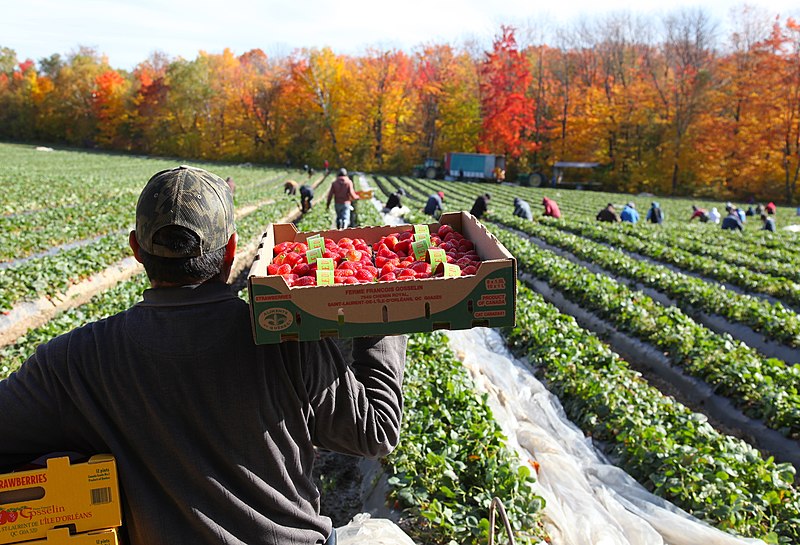Agriculture Secretary Tom Vilsack wants the nation’s farmers to join the fight against climate change.
In September, Vilsack announced plans to finance a series of large-scale projects aimed at developing markets for “climate-smart farming and forestry practices” with the goal of helping farmers reduce their agricultural carbon emissions.
According to a U.S. Department of Agriculture (USDA) Commodity Credit Corporation (CCC) Federal Register notice, the initiative is designed to promote markets for “climate-smart commodities.”
“[The markets would] nclude sustainable supply chain initiatives and internal corporate commitments where companies are pledging to reduce emissions within their own supply chains and production facilities,” according to the notice. “Opportunities also include markets for low-carbon biofuels and renewable energy.
“Agricultural producers and landowners also have opportunities to market GHG reductions generated as a part of climate-smart commodity production,” USDA’s notice says.
Climate Change Not Crops
DOA proposes funding this program through a revolving established under the CCC,which is replenished annually. By some calculations the CCC commodities spending account may contain as much as $7.4 billion.
“[The] Climate-Smart Agriculture and Forestry Partnership Initiative will support pilot programs that create new market opportunities for commodities produced using climate-smart practices and position U.S. farmers, ranchers, and forest landowners as leaders in addressing climate change,” Vilsack said in a speech given at Colorado State University’s Salazar Center Virtual International Symposium in September.
‘Climate-Change Slush Fund’
The public should be worried about the CCC’s money being spent, not on commodities as it was intended, but on climate programs which aren’t covered by the law, says Daren Bakst, a senior research fellow with The Heritage Foundation.
“The Biden administration seems intent on using the CCC as a climate change slush fund,” Bakst said. “This issue is about more than just about climate change spending.
“It’s also about separation of powers and Congressional abrogation of its spending power,” said Bakst. “The CCC gives the Agriculture Secretary too much discretion, but surprisingly, for the most part, it generally hasn’t been abused in the past.”
Using the CCC fund to make up for trade restrictions imposed on agricultural goods put us on the road to this bad policy, says Baskt.
“Until recently, Congress placed restrictions on the use of the CCC in order to block inappropriate spending, but this changed with the use of the CCC for trade aid to farmers,” Bakst said. “It created a terrible precedent that the Biden administration is taking advantage of.”
Kenneth Artz (KApublishing@gmx.com) writes from Dallas, Texas.
INTERNET INFO
H. Sterling Burnett, “The Heartland Institute Comments on USDA “Climate-Smart Agriculture and Forestry Partnership Program” November 1, 2021; https://heartlanddailynews.com/2021/11/the-heartland-institute-comments-on-usda-climate-smart-agriculture-and-forestry-partnership-program/
